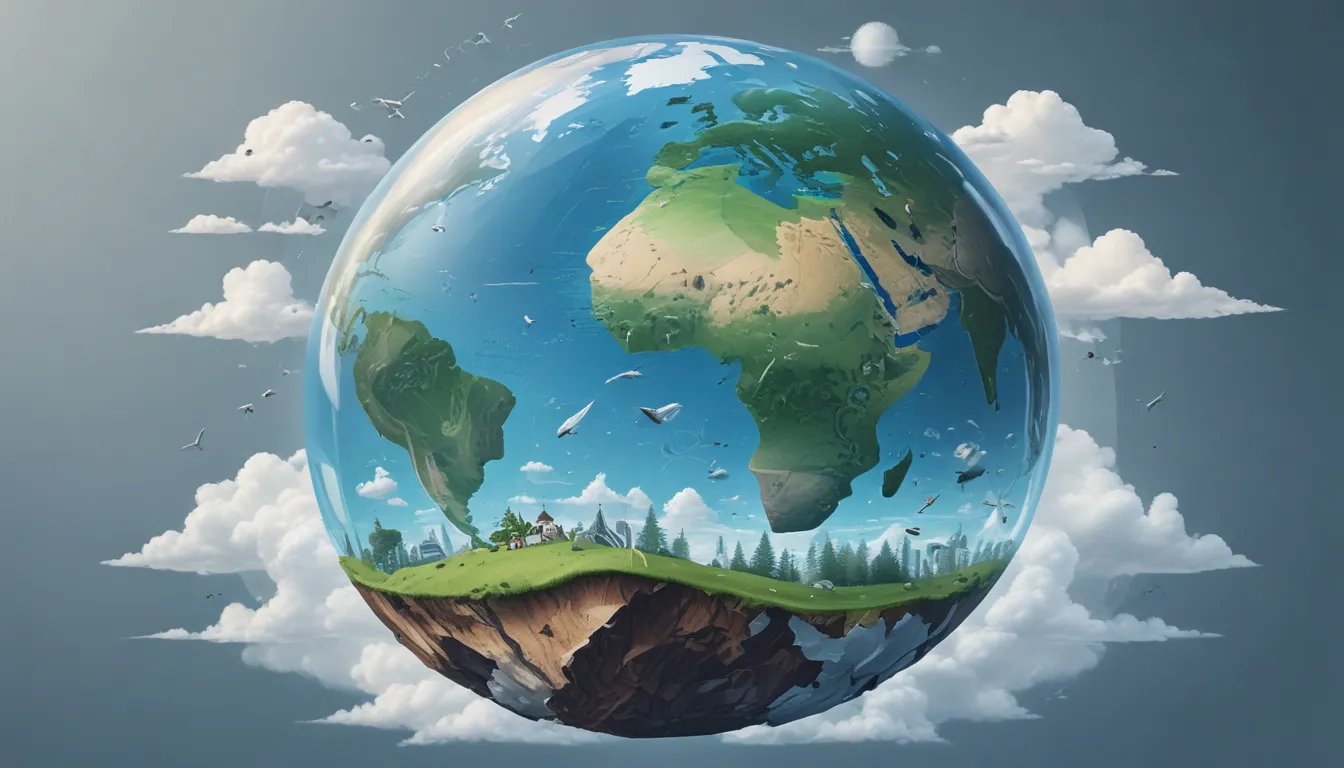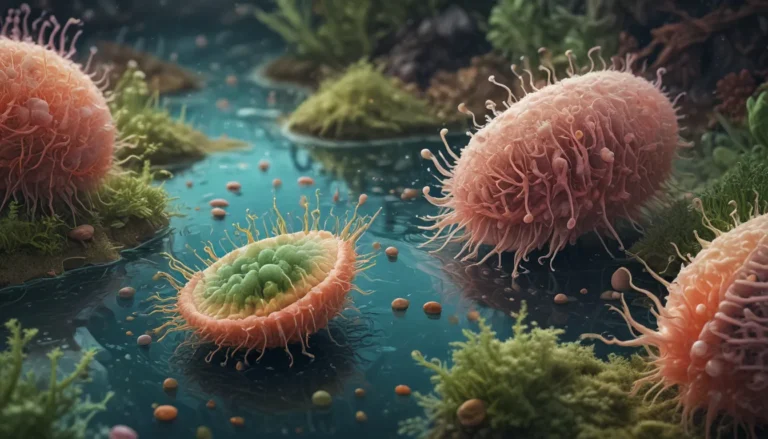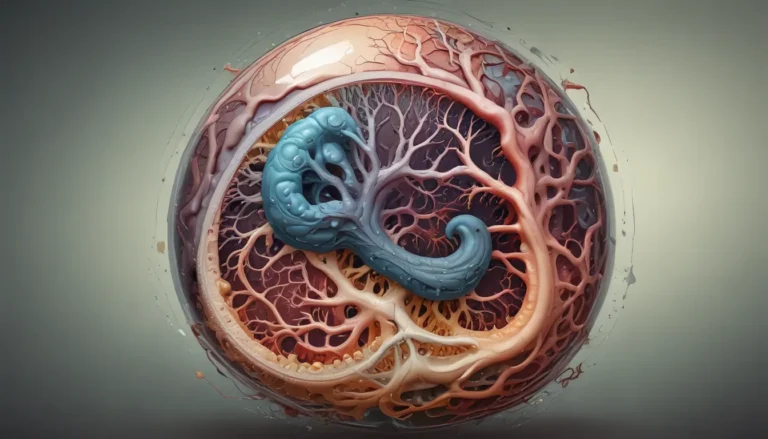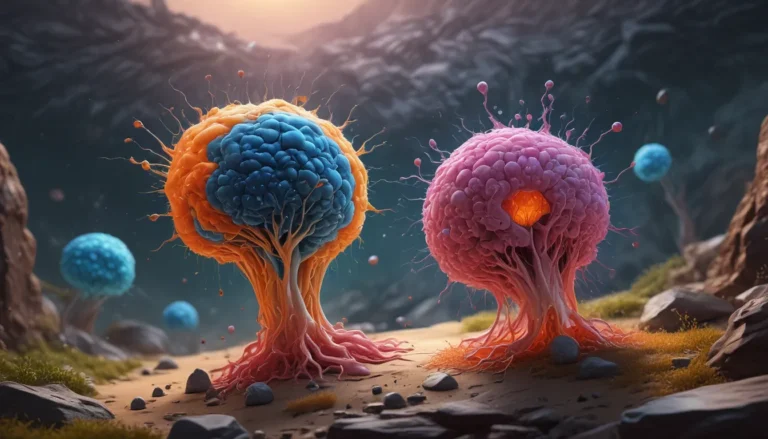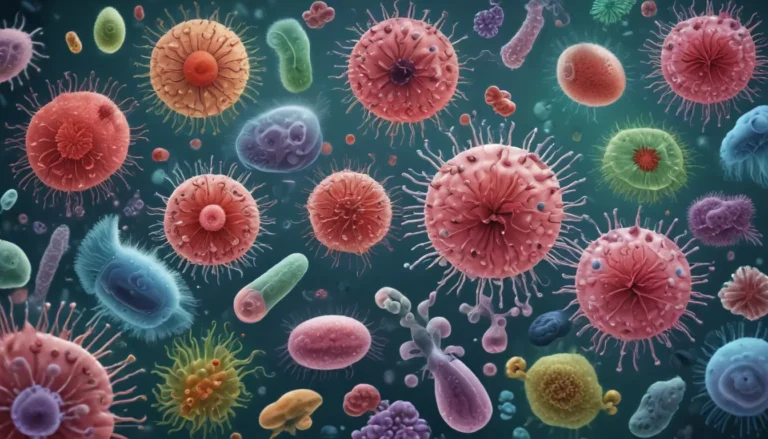A Note About Images: The images used in our articles are for illustration purposes only and may not exactly match the content. They are meant to engage readers, but the text should be relied upon for accurate information.
Welcome to the intriguing world of ozone depletion! In this article, we will uncover valuable information about the depletion of the ozone layer, a critical environmental issue that impacts the well-being of our planet. By exploring these facts, we aim to shed light on the importance of understanding and addressing ozone depletion and the actions we can take to mitigate its effects. So, let’s embark on this educational journey and delve into the fascinating realm of ozone depletion!
Key Takeaways:
- Ozone depletion, primarily caused by human activities, leads to increased harmful UV radiation reaching Earth, impacting human health, ecosystems, and climate. The Montreal Protocol has made progress in addressing this issue, but recovery is slow. Taking small, eco-friendly actions, like reducing aerosol sprays, can make a significant difference in protecting the ozone layer.
Unveiling the Ozone Layer’s Protective Shield
The ozone layer, situated in the Earth’s stratosphere, acts as a shield by absorbing most of the sun’s harmful ultraviolet (UV) radiation.
Human Activities and Ozone Depletion
Human activities, particularly the release of chlorofluorocarbons (CFCs) and other ozone-depleting substances, are the primary culprits behind ozone depletion.
The Phenomenon of the Antarctic Ozone Hole
The discovery of the ozone hole over Antarctica in the 1980s serves as a prominent example of ozone depletion’s impact.
Effects of Ozone Depletion on UV Radiation Levels
Thinning of the ozone layer increases UV radiation reaching the Earth’s surface, resulting in adverse effects on human health, ecosystems, and the environment.
Impact of Ozone Depletion on Marine Life
Marine organisms, such as phytoplankton, coral reefs, and zooplankton, are particularly vulnerable to heightened UV radiation due to ozone depletion.
Interconnection Between Ozone Depletion and Climate Change
Ozone depletion and climate change, while distinct issues, are intertwined. Some substances depleting the ozone layer also contribute to the greenhouse effect, exacerbating global warming.
Montreal Protocol: A Global Collaborative Effort
The signing of the Montreal Protocol in 1987 marked a global commitment to phasing out the production and use of ozone-depleting substances.
Progress Under the Montreal Protocol
Since the 1990s, the concentration of ozone-depleting substances in the atmosphere has been decreasing, thanks to the Montreal Protocol’s initiatives.
The Persistent Challenge of Ozone Layer Recovery
Despite positive strides, the recovery of the ozone layer remains a slow process, with full restoration not anticipated until the mid-21st century.
Health Implications: Ozone Depletion and Skin Cancer
Skin cancer risk, including melanoma, escalates with increased UV radiation exposure due to ozone depletion.
Impact on Plant Life: Ozone Depletion’s Effect
Elevated UV radiation levels can cause harm to plant cells, impeding photosynthesis, growth, and overall plant health.
Contribution to Air Quality Issues
Ozone depletion contributes to the formation of ground-level ozone, an air pollutant linked to respiratory problems and other health issues.
Weakening of Human Immune System
The rise in UV radiation as a result of ozone depletion can compromise the human immune system, heightening susceptibility to diseases.
Loss of Biodiversity Due to Ozone Depletion
Ozone depletion’s harmful effects on ecosystems can precipitate biodiversity loss, adversely impacting numerous plant and animal species.
Significance of UV Index Awareness
The UV Index offers insights into UV radiation intensity, aiding individuals in safeguarding themselves from its detrimental effects.
Eye Damage Risks from Increased UV Radiation
Various eye ailments, such as cataracts, pterygium, and photokeratitis, can result from heightened UV radiation exposure.
Influence on Climate Patterns and Extreme Weather
Ozone depletion alters atmospheric circulation patterns, affecting weather patterns and contributing to climate change.
Agricultural Sector Vulnerability to Ozone Depletion
Crops and livestock can be adversely affected by UV radiation, resulting in reduced agricultural yields and potential economic losses.
Disruption of Aquatic Ecosystems
Increased UV radiation penetration in water bodies disrupts aquatic organisms and upsets the delicate balance of aquatic ecosystems.
Empowering Individual Actions for Change
Small lifestyle changes, like reducing the use of ozone-depleting substances such as aerosol sprays and air conditioning coolants, can contribute significantly to preserving the ozone layer.
Conclusion: A Call to Action for a Sustainable Future
Ozone depletion is a critical environmental concern with widespread implications. The collective understanding of its causes and consequences, coupled with global conservation efforts like the Montreal Protocol, is crucial in addressing this issue. Continued research, cooperation, and sustainable practices are key to halting further ozone depletion and securing a healthier future for our planet.
FAQs: Answering Your Burning Questions on Ozone Depletion
-
Causes of Ozone Depletion: Ozone depletion is primarily caused by the release of chemicals like chlorofluorocarbons (CFCs) into the atmosphere, commonly found in aerosol sprays, refrigerants, and foam-blowing agents.
-
Consequences of Ozone Depletion: Ozone depletion results in heightened harmful UV radiation levels reaching Earth, leading to skin cancer, weakened immune systems, ecosystem damage, and disruptions in agriculture and marine food chains.
-
Measurement of Ozone Depletion: Various monitoring techniques, including satellite observations and ground-based measurements, are employed to assess the thickness of the ozone layer and identify areas of depletion.
-
Possibility of Reversing Ozone Depletion: While challenging, measures such as reducing ozone-depleting substances have slowed down depletion. Continued efforts to minimize these substances are vital for ozone layer recovery.
-
Individual Contributions to Preventing Ozone Depletion: Individuals can play a role in preventing ozone depletion by making environmentally conscious choices, supporting sustainable policies, and using natural alternatives to ozone-depleting products.
The far-reaching impacts of ozone depletion underscore the importance of safeguarding our planet’s delicate ecosystem. Global collaboration and individual eco-friendly actions are essential in preserving this vital shield. Explore related topics like tropospheric ozone depletion to deepen your understanding of atmospheric chemistry’s impact on Earth’s life.
Your Feedback Matters
At the core of our content is a dedication to providing reliable and engaging information. Every fact shared on our platform is sourced from real users like you, contributing a diverse array of insights and information. Our committed editors ensure the accuracy and credibility of each submission, guaranteeing that the facts you encounter are not only captivating but also trustworthy. Trust in our promise of quality and authenticity as you continue to learn and explore with us.
